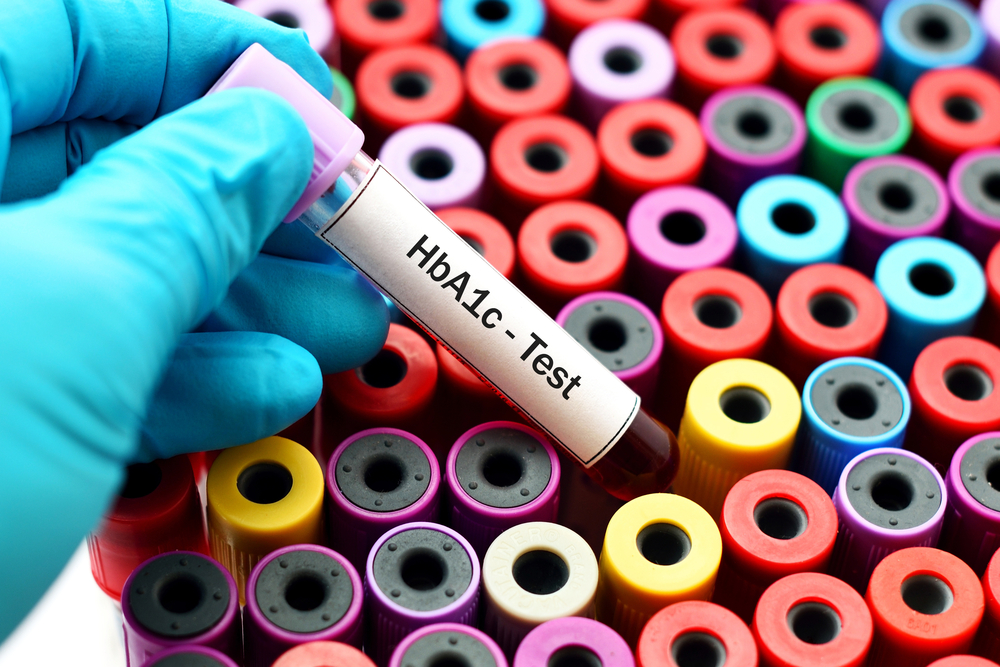How Does Diabetes Affect Eyesight?

Diabetes is a chronic health condition impacting millions of people globally. It not only influences blood sugar levels but also impacts various body parts, including the eyes. Diabetic retinopathy disease, also known as diabetes mellitus retinopathy, is one of the most common diabetic eye diseases, resulting from harm to the retina’s blood vessels due to diabetes. The retina is a delicate, light-sensitive layer of tissue in the back of the eyes.
Diabetic retinopathy vision complications are a significant concern, as they can become critical if not treated in the initial stage. This article explores the intricate relationship between diabetes and vision loss, shedding light on the condition that can lead to eye problems caused by diabetes.
What are the causes and risk factors for diabetic retinopathy?
Diabetic eye conditions can be caused due to the following reasons:
- High Blood Sugar Levels: Prolonged periods of high blood sugar can lead to blockage and damage to the retina’s blood vessels, causing diabetic retinitis, one of the most prevalent diabetic eye problems.
- High Blood Pressure: Often associated with diabetes, high blood pressure exacerbates the risk of eye damage.
- High Cholesterol Levels: Elevated cholesterol is another contributing factor to diabetic eye conditions.
What are the symptoms of diabetic retinopathy and other diabetic eye problems?
The early-stage diabetes eye symptoms include:
- Blurry eye-diabetes: It is also known as blurred eye vision diabetes or blurred eyesight diabetes, leading to fluctuating vision and difficulty focusing.
- Cataracts: Diabetes makes one prone to developing cataracts at a younger age.
- Open-angle glaucoma: Diabetes can cause open-angle glaucoma.
- Diabetic Macular Edema (DME): DME occurs when fluid leaks into the macula (a section of the retina crucial for clear, central vision) from the blood vessels in the retina.
- Neovascular glaucoma: Diabetic retinopathy can cause abnormal growth of blood vessels in the retina, blocking fluid drainage and potentially causing a type of glaucoma that results in vision loss or blindness.
- Retinal detachment: Diabetic retinopathy may lead to scar formation in the eye, causing tractional retinal detachment when the retina is pulled away.
There are significant long-term consequences of diabetes affecting the eyes, including diabetic blindness or vision loss due to diabetes.
How is diabetic retinopathy diagnosed?
Diabetic retinopathy screening involves a comprehensive diabetic eye test, where eye care professionals look for signs of damage. This is followed by classifying diabetic retinopathy based on its severity. People often wonder what the first sign of diabetic retinopathy is. It is simply diabetic vision changes, like trouble reading or seeing faraway objects.
How to prevent eye damage from diabetes?
While there is no cure for diabetic retinopathy, the progression of this diabetic eye disease can be slowed down through proper care and management. Some tips for effective diabetic eye care include:
- Regular diabetic eye screening: These tests help in detecting diabetic retinopathy signs at an early stage when they are more manageable, reducing the risks of complications.
- Maintaining blood sugar, blood pressure, and cholesterol levels: Keeping blood sugar, blood pressure, and cholesterol levels within the recommended ranges helps prevent diabetic eye problems. Elevated levels can lead to the development and progression of conditions like diabetic retinopathy.
- Adopting a healthy lifestyle: Maintaining a balanced diet and exercising regularly helps prevent further deterioration.
Diabetes and eyesight improvement is possible with strict health management and consistent diabetic eye care. However, it is essential to understand that diabetes and eye conditions might be irreversible once the damage is done.
Understanding the relationship between diabetes and eyesight, recognizing early symptoms, and engaging in proactive diabetic eye care is essential for preserving vision and preventing severe complications.
FAQs
1. Is there a cure for diabetic retinopathy?
At present, there is no cure for diabetic retinopathy, but its progression can be slowed down with regular eye care and proper diabetes management.
2. How can one prevent diabetic eye disease?
Regular eye exams, controlling blood sugar, blood pressure, and cholesterol levels, and adopting a healthy lifestyle are crucial to preventing diabetic eye disease.
3. Can diabetes lead to blindness?
Yes, diabetes and blindness are related. Eye diseases caused by diabetes, if left untreated, can result in diabetic blindness. Therefore, for individuals with diabetes, eyesight care and regular screenings are critical to preventing eye diseases.
4. How long does it take to go blind from diabetes?
The progression of blindness due to diabetes varies among individuals. It depends on various factors, including the severity of diabetes, blood sugar levels, and the onset of diabetic retinopathy.
5. What is diabetic retinopathy?
Diabetic retinopathy is an eye problem associated with diabetes caused due to damage to the blood vessels in the retina. If left untreated, it can lead to severe vision loss.














